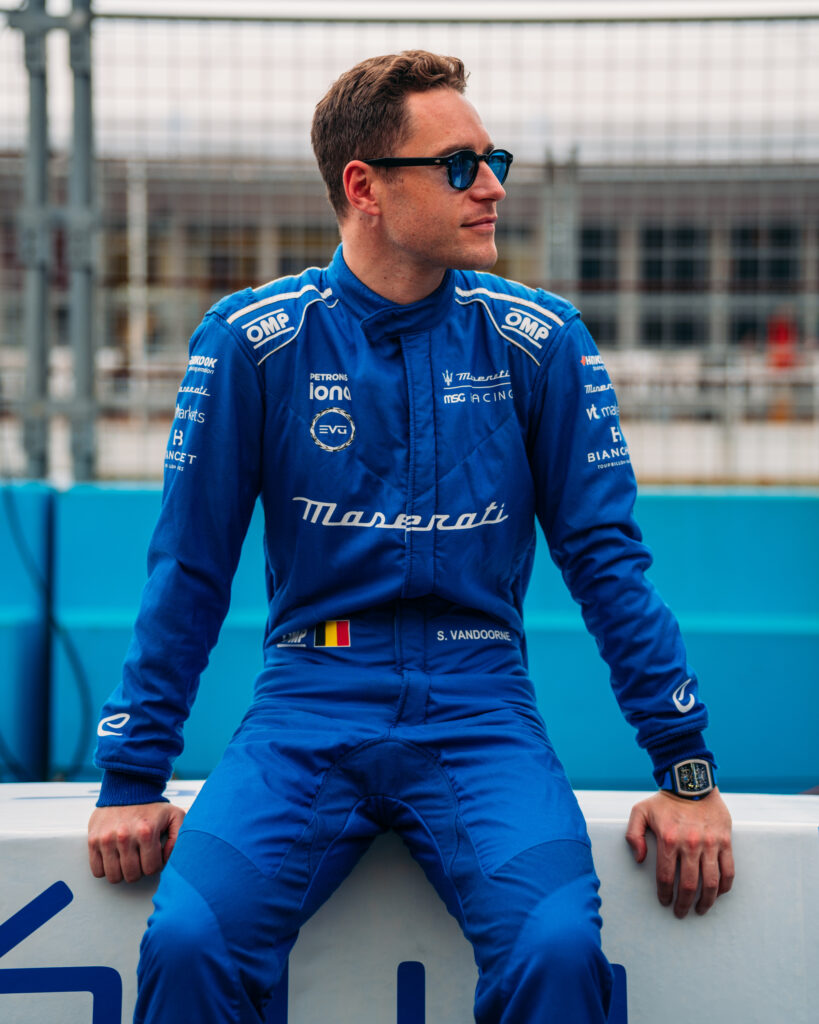Yesterday it was confirmed that Australia’s Grand Prix would be cancelled for the second year in a row, following 2020’s last-minute shut-down.
Australian and Victorian travel restrictions amid the ongoing pandemic, combined with low vaccination rates, prompted the official cancellation of both the F1 race and the MotoGP event this year, which were scheduled for November 21 and October 24 respectively.
“It’s very, very disappointing but Formula One and MotoGP have to operate in the conditions that prevail in each of the countries,” Australian Grand Prix Corporation boss Andrew Westacott told TODAY this morning.
“Hallmark events like Singapore, Japan, Canada and Melbourne won’t be able to go ahead from a Formula One point of view this year. But in Silverstone [for the British Grand Prix], you’ll have 140,000 people in two weeks’ time and Austin, Texas will host MotoGP and Formula One within a month. It varies on a country-by-country basis and we’ve got to get it right so that we can stage these events in 2022.”
Former Formula 1 motor racing executive Mark Gallagher says the cancellation of the Grand Prix is “very disappointing” as it had already been moved to the end of the year.
“This year’s Grand Prix in Melbourne had already been postponed from March through to later in the year and we were hopeful things would be better by that time,” he told Sky News. “We’re in the middle of the Formula 1 world championship which means we can’t undergo quarantine for any length of time, we have to stay essentially within a bubble and actually all of those factors made it impossible.”
Mr Gallagher said the FIA, the organisation which runs Formula 1, was “pausing the contracts” of countries which had their Grand Prixs cancelled and pushing the 2021 season back to “being quite a Eurocentric world championship”.
“It makes us all realise that despite the face we have an ongoing world championship this year and we will still have 23 Grand Prixs, we’ve essentially returned to being quite a Eurocentric world championship like we were 30 years ago.”
So what does that mean for the schedule?
Despite the cancellation, the show will roll on, successfully demonstrated through the Grand Prix’s ability to navigate the limitations of a global pandemic since resuming 12 months ago, readily equipped with alternative destinations.
While there has been no news on the replacement city, Formula 1 CEO Stefano Domenicali says they’ve got a number of options.
“While it is disappointing we won’t be racing in Australia this season, we are confident we can deliver a 23 race season in 2021 and we have a number of options to take forward to replace the place left vacant by the Australian Grand Prix,” says Domenicali.
“We will be working through the details of those options in the coming weeks and will provide further updates once those discussions are concluded.”
What impact does the cancellation have on Melbourne?
Albert Park, which recently finalised circuit modifications aimed at improving the race and overtaking opportunities (for the first time since wresting for the Grand Prix from Adelaide in 1996), now endures an uncertain future, with industry leaders saying the cancellation will have an impact on Melbourne’s standing as the sport capital of Australia.
“This is the reality of the pandemic – but until we get much higher vaccination rates we cannot return to more normal settings,” The Minister for Tourism, Sport and Major Events Martin Pakula said. “We are getting to work on plans for 2022 immediately and can’t wait to welcome the world’s best drivers and riders and all motorsport fans back to Albert Park and Phillip Island.”
“We need to be conscious of the impact that it could have across the world because the Grand Prix corporations themselves are very important, and they will be wanting to maintain confidence that Australia is going to be able to deliver events and, particularly, Melbourne, the events capital of Australia,” Australian Industry Group Victorian director Tim Piper told the ABC Victoria .
“We have just had setbacks after setbacks when it comes to our tourism industry here in Victoria and, indeed, right across the country,” added Victoria Tourism Industry Council chief executive Felicia Mariani.
The decision to cancel the event could also have ramifications for the 2022 Australian Open, which is due to take place in January.
However, Mr Pakula said he was confident that both the Australian Open and Grand Prix would proceed next year.
If the race goes ahead in 2022, Melbourne will most likely lose its prestigious spot as the first race of the season in March.
It is likely that if an agreement is reached to bring the Grand Prix back to Australia after two years of cancellations it would be moved to April.















